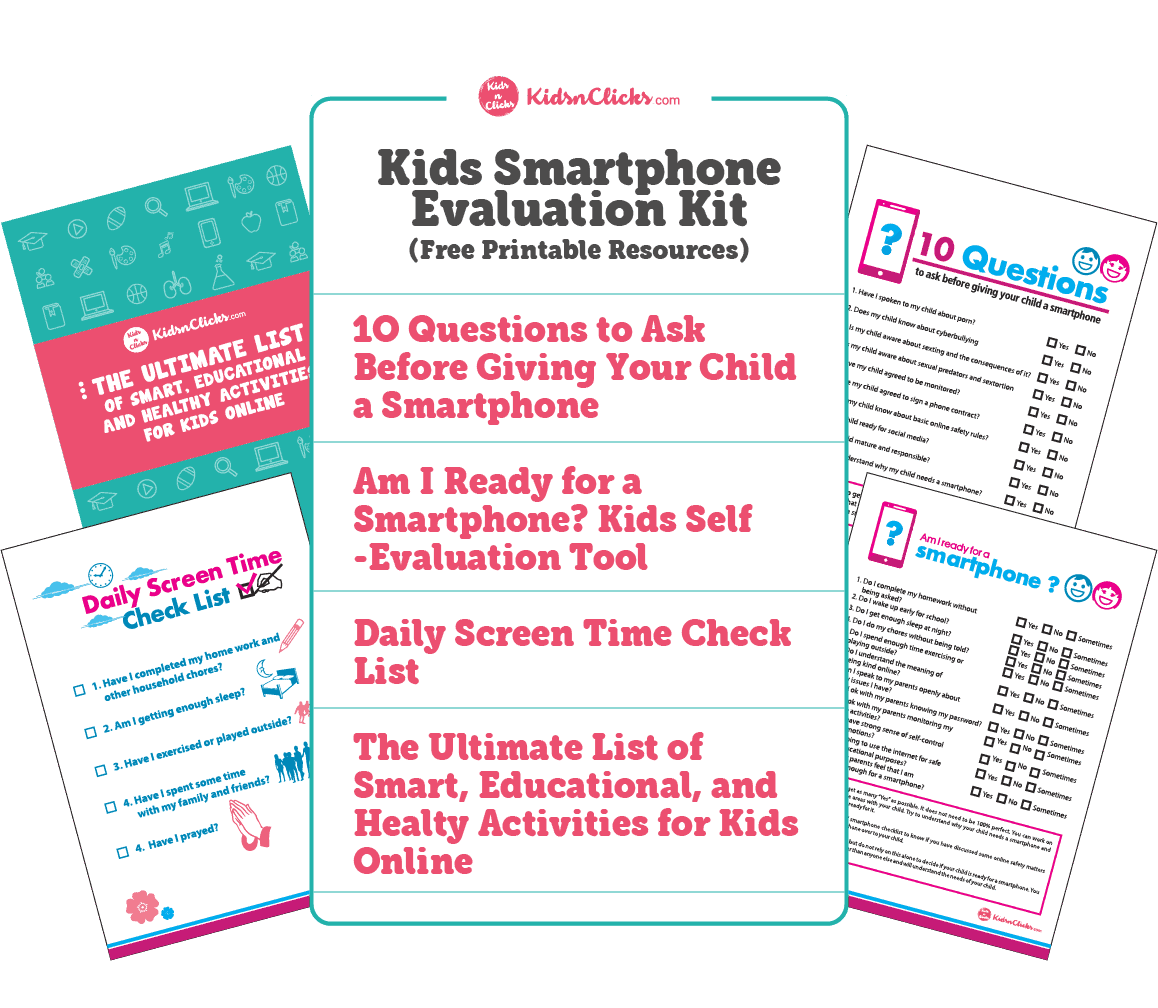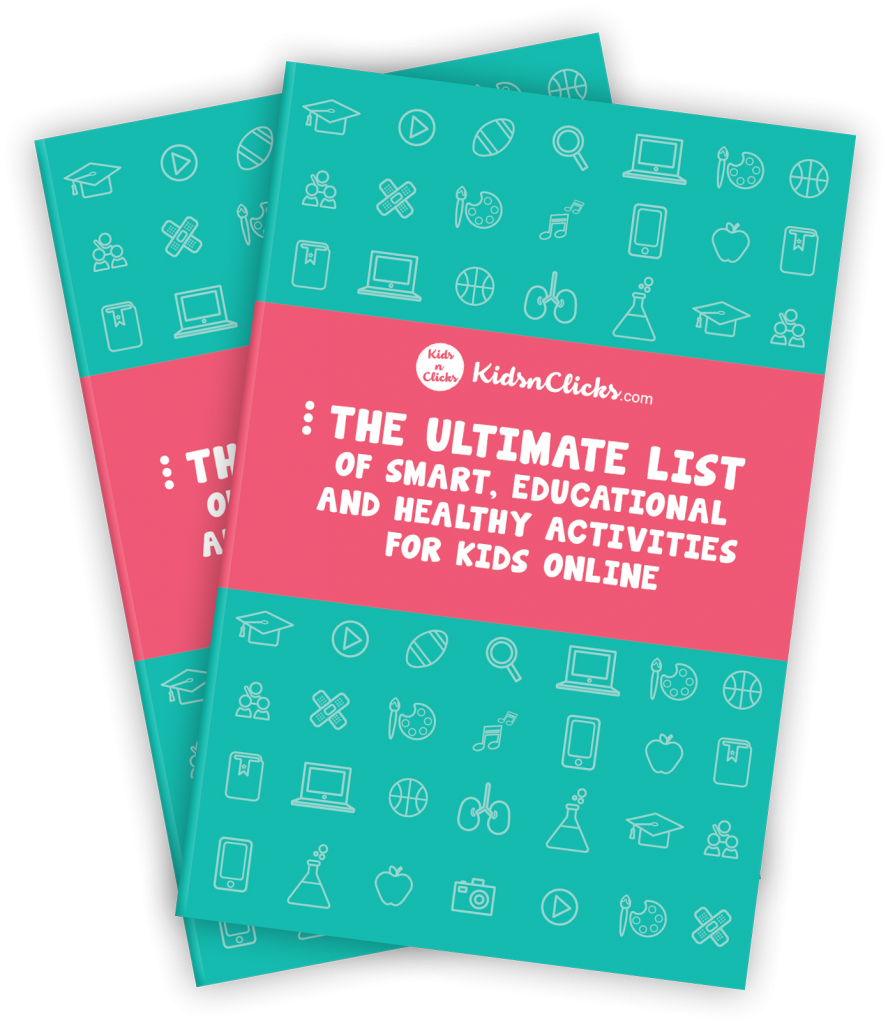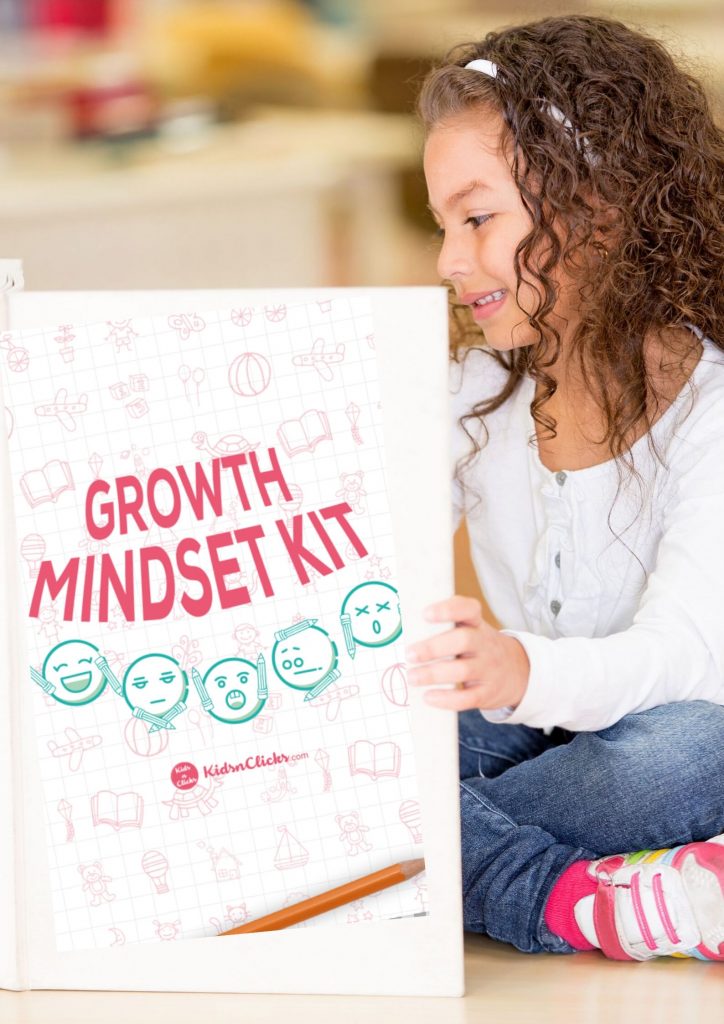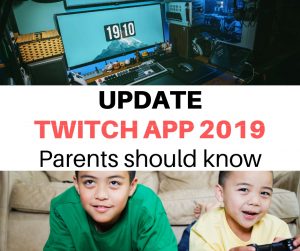The concerns of device proliferation and technology in classrooms is a debate which tends to polarise.
As with most topics these days there are strong opinions on both sides. I have been privileged to work in a range of schools over the last 15 years and have seen many fantastic technology initiatives that have undoubtedly supported the progression of young people.
In almost equal measure, I have seen programs fail to capitalize on the potential of the technology.
The answer in this debate lies in finding educational approaches that harness technology appropriately for the given learning objective or outcome.
Technology is not a silver bullet but is an incredibly powerful tool in a teacher’s arsenal if used effectively.
A great teacher, supported by great tech can deliver extraordinary outcomes. Without the teacher, the tech can do very little.
I like to start this debate by thinking about the big picture of schools and teachers.
Teacher’s & School’s Responsibility:
What is the purpose of school? Our common purpose is nurturing, guiding and giving children the values, skills and knowledge they need to progress in life.
Given the level of technology we are all exposed to as adults, I would argue that it is important that part of this education must involve the development of digital skills and attributes that prepare young people for digital lives.
At Digital Resilience UK we are passionate advocates of the effective use of technology but believe that the teachers are the most important influence on a child’s progression.
We argue that ongoing teacher training that builds teacher and pupil confidence with devices makes the difference.
It is when teachers are confident that tablets can become powerful tools for learning rather than objects of distraction or at worst, pacification.
If teachers know what they are trying to achieve with the tech, it is much more like to have a positive outcome on the students.
Don’t forget to get this free copy
Should we ban smartphones in school?
The genie is out of the bottle with smartphones and tablets.
To deny their existence in education would be a retrospective approach, although this is exactly what some schools in California are doing – but I’ll park that for another day.
The evidence I like to refer to is the Education Endowment Foundation.
The EEF is an independent charity dedicated to breaking the link between family income and educational achievement.
They commission reports looking at the value and impact of educational initiatives in terms of student progression and social mobility.
The EEF guidance to schools on how to use digital technology effectively can be summarised as follows:
- Schools should carefully consider how and why tech is going to improve teaching and learning before introducing it
- Schools should use tech to improve the quality of instructional explanations and modelling
- Is effective when used to improve the impact of pupil practice
- Tech is a valuable tool in supporting continual assessment and feedback
Put simply, buying a tablet for every pupil is unlikely to boost pupil attainment but the teaching pedagogy behind it can.
If tablets are used purposefully they can have dramatic effects.
For example, increasing the quality or quantity of practice pupils undertake through a quiz app, or improving the precision, speed and quantity with which feedback on misunderstandings is provided – giving students more opportunities to identify and correct their mistakes.
Don’t forget : Children’s online safety book- For 3 -10 years old
Choosing the right apps in schools:
At pre-school and primary level, many of you may have come across platforms such as Tapestry and Class Dojo – fantastic ways to engage the parents and community around and child to have positive conversations about their learning.
Equally speaking Times Tables Rockstars for maths and Nessy Reading and Spelling are brilliant personalised platforms to help youngsters learn at their own pace.
Tablets allow teachers to take learning outside, to explore and be creative in their lesson design in terms of space and structure.
Questions parents should ask about school technology policy:
I would, therefore, be proactive in asking questions about technology when you visit school open days and are considering the options for your child.
Below are some conversation starters that will help you judge the approach the school takes.
- How much training are teachers given on using tablets?
- What are the main activities that students do on tablets? (tip – beware if they say ‘research’ – probe deeper!)
- Can you show me some digital work that students have produced?
- Can you show me how students work together and collaborate with technology?
- How has your approach to using devices changed over the past 5 years
- Could you talk a little about your online safety education – how do you help children to stay safe?
- What are your privacy settings in devices?
- What data of students is being collected? Who has access to that information?
- How do you keep data safe?
Don’t forget : Children’s online safety book- For 3 -10 years old
Keeping students safe online:
One of the best safeguards against trouble online is to educate young people and make them aware of their rights and responsibilities in online spaces.
Teaching right from wrong and acceptable behaviour online is just as important as teaching in the real world.
I believe as parents and educators we need to embrace the positives of technology but see it as a supplement to good parenting or good teaching – avoid the extremes of the debate.
My view is that taking an active interest in what children are doing online and regulating their exposure to screens is central to establishing children’s healthy relationships with technology from a young age.
A good yardstick to use is ‘what is this tablet replacing’ (ie what would you be doing if it wasn’t available) – this can be used in education and family life.
Don’t forget to download the smartphone self-evaluation toolkit for your kids

You're also subscribing to the KidsnClicks email list. Unsubscribe any time.
Conclusion:
There is a lot of positive development around digital citizenship education, my current favourites is ‘Be Internet Awesome’ A free skills program that has gamified positive online behaviours.
If you would like further support or information around this area, please contact DRUK for guidance.
We work with schools across the UK and are happy to advise and provide support.
Article written by : Hamish Mackenzie is Founder of Digital Resilience UK and works as Director of Digital Strategy at the Royal Hospital School
Before you go, don’t forget to check out the growth-mindset kit you can use at home or in the classroom.
Was this helpful?
Good job! Please give your positive feedback
How could we improve this post? Please Help us.







